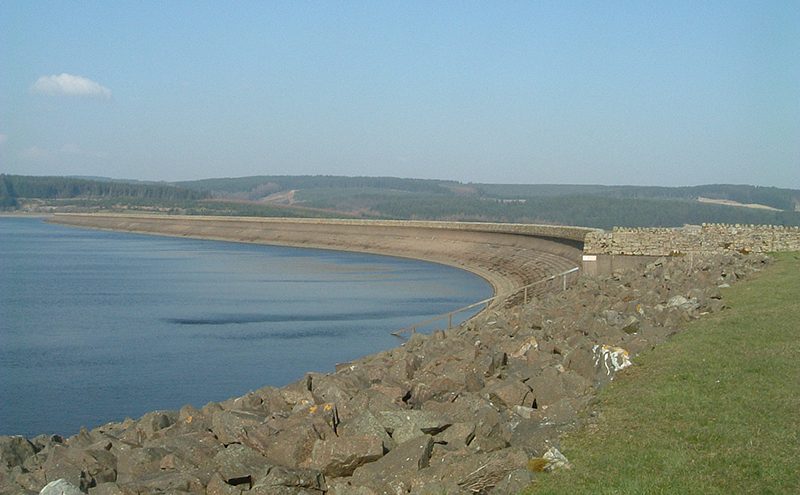
The water demands of the North East are to be secured into the future, says Northumbrian Water, with the help of a major investment into a Northumberland pumping station, it was announced on 11 January.
£12 million pounds is to be spent by Northumbrian Water and the Environment Agency on the modernisation of its Riding Mill pumping station over the next two years.
Riding Mill was Britain’s largest pumping station when it was built in 1979 to support the Kielder Water transfer system.
Its giant pumps take water from Kielder reservoir, out of the River Tyne, and transfer it through a tunnel to the River Derwent, River Wear and the River Tees.
They can pump the volume of water in an Olympic-sized swimming pool in around 13 minutes when the Kielder transfer system is in operation.
Work has started on the refurbishment of the entire site, including all four of the huge pumps, which will make them more effective and energy-efficient.
The site will also get all new electrical equipment to bring it up to date, including the main control panel which monitors and regulates all of the pumps.
Working with the Environment Agency, the addition of special screens at the river intake will help to preserve fish and eel populations.
Northumbrian Water’s Project Manager, Andy Downer, said: “Riding Mill pumping station helps us to meet the water demands of the region by allowing us to transfer water from Kielder when necessary.
“It’s vital that we refurbish this important site, utilising the modern equipment that we’ve now got available to us, which will help to increase the efficiency of the pumping station.
“We’re committed to delivering excellent service to our customers and this will make sure that we can continue to secure a reliable supply of water into the future.”
Robbie Stevenson, from the Environment Agency in the North East, said: “As part of the work, we are taking the opportunity to install special screens that will minimise the impact on eels, which are classified as critically endangered, and also other fish which we know use this stretch of the river in numbers.
“Protecting fish stocks is vital to supporting the wider biodiversity of the river, ensuring it can be enjoyed both now and by future generations.”
Work is being carried out by Northumbrian Water’s supply partners, Mott MacDonald Bentley and is expected to be complete by the end of 2020.







